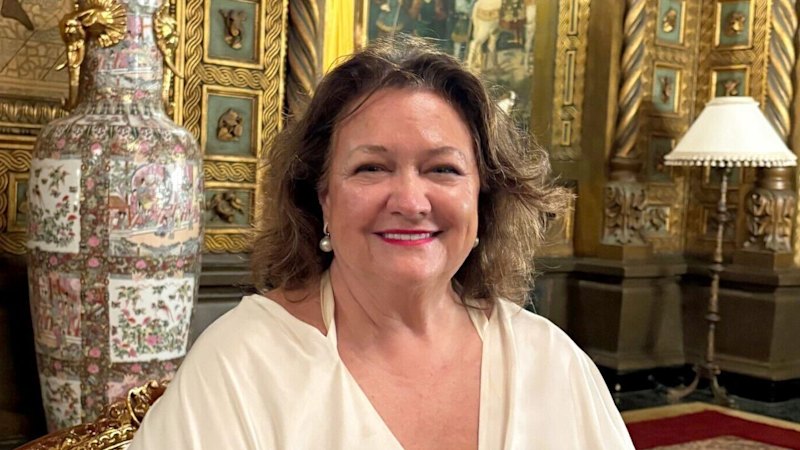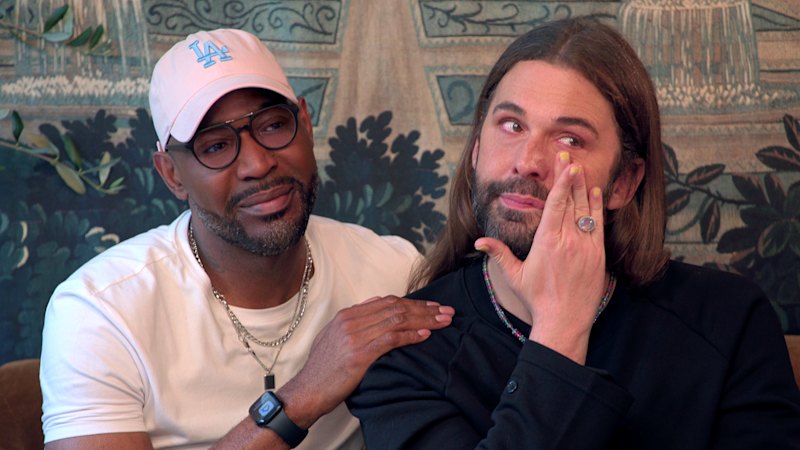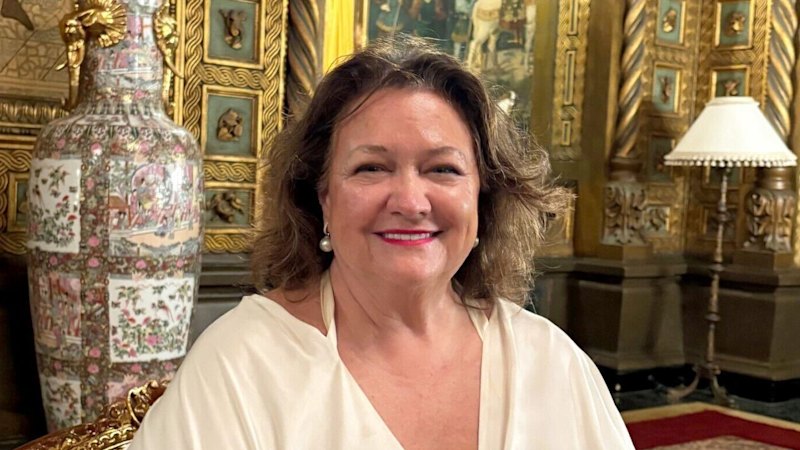
Health experts are raising concerns over the decision by the Gympie Regional Council to remove fluoride from the local drinking water supply. This move, announced last month, followed a petition from residents claiming that fluoridation poses health risks, including cancer and cognitive decline. The council anticipates saving approximately 250,000 AUD annually by ceasing the fluoridation process.
Dental professionals, including representatives from the Australian Dental Association (ADA), have criticized this decision as “short-sighted.” Dr. Michael Foley, a spokesperson for the ADA, expressed alarm over the council’s choice, stating, “It’s a very poor decision for the health of Queenslanders.” He emphasized that the move is not in the best interests of Gympie residents.
In Queensland, local councils have the authority to decide on water fluoridation, and only 17 out of 77 councils currently opt for this public health measure. The ADA contends that claims linking fluoride to serious health issues lack scientific backing. Dr. Foley pointed out that Australia has had a long-standing disparity in fluoride use, with southern states benefiting from fluoridation for decades while Queensland has lagged behind.
“If water fluoridation caused any harm whatsoever, it would have been obvious,” Dr. Foley noted. “Did we see that? No, of course we didn’t.” He highlighted that substantial evidence supports the safety and effectiveness of fluoride in preventing tooth decay, with a study from Queensland Health estimating that every 1 AUD spent on fluoridation saves between 6 AUD and 20 AUD in future dental treatment costs.
The council’s decision has sparked discussions around the influence of conspiracy theories. These theories regarding fluoride gained traction in the 1950s in the United States and have evolved over the years, often linking the chemical to various health issues. Dr. Foley noted that the internet has amplified these conspiracy narratives, providing a platform for theorists to connect and spread their claims more effectively.
In light of this, Dr. James Mortensen, a lecturer at the Australian National University’s National Security College, remarked on the rise of health-related conspiracy theories, particularly during the COVID-19 pandemic. “Concern over people’s health, especially over children and vulnerable people’s health, has always been a major driver,” he stated. The combination of these narratives and their spread through social media has enabled them to reach a wider audience.
Dr. Mortensen also explained that research indicates individuals who are more likely to believe in conspiracy theories often have high trust in their immediate social circles but low trust in government institutions. This dynamic allows conspiracy theories to flourish, as they provide a sense of community and importance to those who feel disempowered.
The situation in Gympie serves as a notable example of how conspiracy theorists are increasingly leveraging legal and political channels to effect change. Dr. Mortensen emphasized the importance of recognizing that the council’s decision came through established political processes, suggesting that dismissing these efforts risks undermining public trust in democratic institutions.
As the debate continues, the Gympie Regional Council has not yet responded to requests for further comment. The ramifications of their decision will likely extend beyond the immediate financial savings, potentially impacting the health and well-being of the community.







